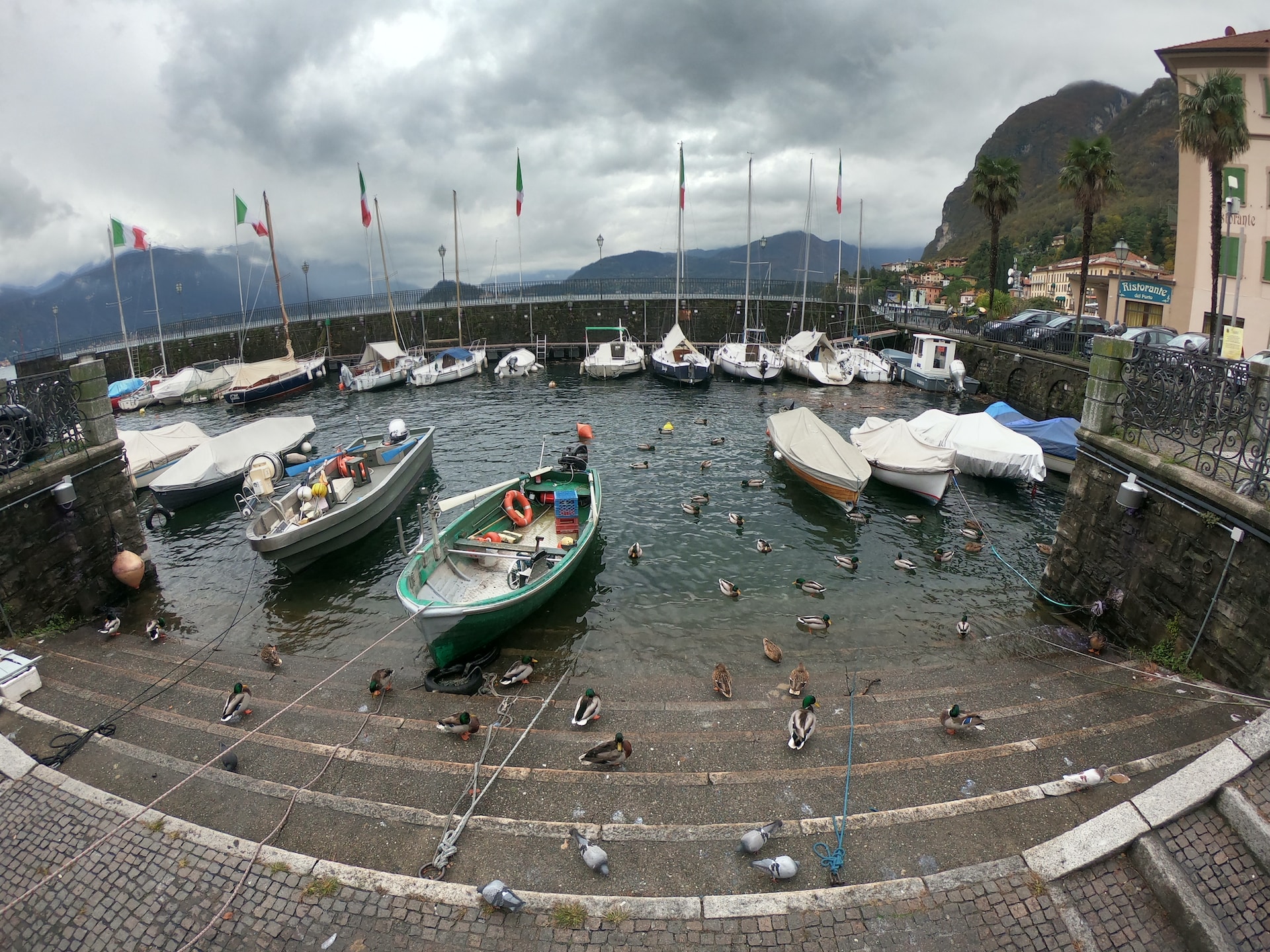The Italian Civil Code governs the real estate sector in Italy, outlining the fundamental principles that apply to property ownership, transactions, and estate agents. Real estate transactions in Italy must adhere to the legal framework, which includes registration procedures, taxes, and other laws. In Italy, all estate agents are required to be licensed and registered with the local Chamber of Commerce. To become a certified agent in this country, one must first complete a course and then pass an examination. The test includes real estate legal concepts, property valuation, and other related topics.

Requirements for licensing
A license from the local Chamber of Commerce is required to operate a commercial real estate business in Italy. The licensing process entails submitting an application, paying fees, and providing proof of completion of the course and examination.
Taxes
Commercial real estate transactions in this country are subject to several taxes, including income tax, VAT, and registration tax. Depending on the type of transaction, the income tax rate ranges from 23% to 43%. New commercial properties are subject to VAT at 22% while existing commercial properties are subject to a registration tax of 9% of the property’s value. Furthermore, commercial real estate owners are liable to an annual property tax based on the property’s valuation.
The Italian business formation process
There are various processes and prerequisites to registering a commercial real estate business in Italy. The registration process is required to establish the business’s legal existence and to comply with the country’s tax and regulatory obligations. The following are the steps to registering this business;
Choose a business structure
The first step in establishing a commercial real estate company in Italy is to select a business structure. The three most prevalent types of business structures are sole proprietorship, partnership, and limited liability company (LLC). Because each structure has different legal and tax ramifications, it is critical to speak with a legal practitioner or a business counselor before deciding on one.
Select a company name.
The following step is to select a business name. The name must be distinct and not currently in use by the Chamber of Commerce. It is also critical to confirm that the name is not already trademarked or copied by another organization.
Create the articles of incorporation.
The Articles of Association are legal documents that explain the goals, structure, and management of the company. The document must be written in Italian and include the following details:
- The name of the company and its registered office address
- The organizational structure of the company
- The organization’s mission and goals
- The number of shares and the quantity of share capital
- The shareholders’ identities and contributions
- The organizational structure and roles of management
- The procedures for appointing and dismissing directors and auditors
- The mechanisms for allocating earnings and losses
Deposit the share capital
The amount of money that shareholders give to the business is referred to as the share capital. In Italy, the minimum share capital for an LLC is €10,000. The share capital must be deposited in a bank account in the name of the business and witnessed by a notary public.
Register your company with the chamber of commerce
The following step is to register the company with the local Chamber of Commerce. The Articles of Organization, proof of share capital deposit, and other essential documents must be submitted as part of the registration process. Following that, the Chamber of Commerce will provide a certificate of registration, which is essential to receive a tax code.
Get a tax code
The tax code is a one-of-a-kind identification number needed for all firms in Italy. The Italian Revenue Agency issues it, and it is used to pay taxes and undertake business activities. The business owner(s) must apply to the Revenue Agency to get a tax code.
VAT registration
The company must register with the Revenue Agency for VAT. The registration process is filling out an application and supplying information about the company’s activities and revenue.
Register with other government agencies
Other authorities, such as the Italian Real Estate Register, the Municipal Register of Businesses, or the National Institute of Social Security, may compel the business to register. These registrations are required to meet regulatory and tax requirements.
In conclusion, registering this business necessitates meticulous planning as well as adherence to legal and regulatory criteria. You can build a successful and compliant business in Italy by following these procedures and engaging with a legal professional or a business counselor.






